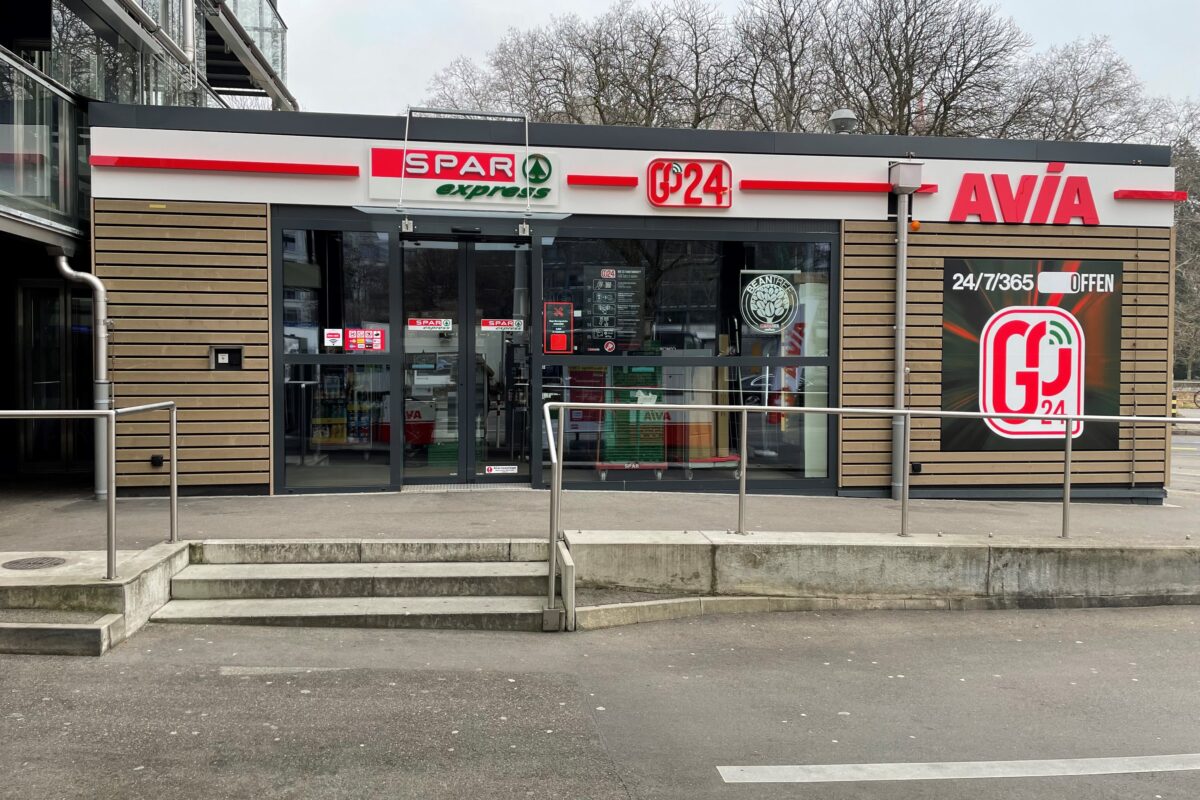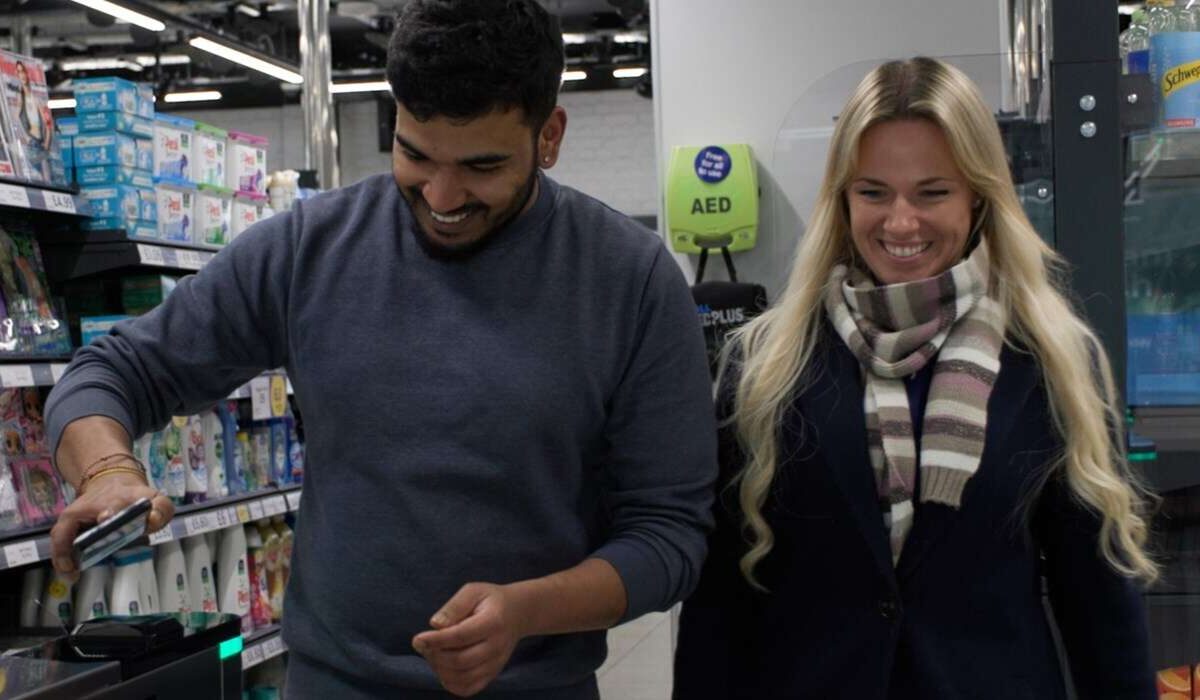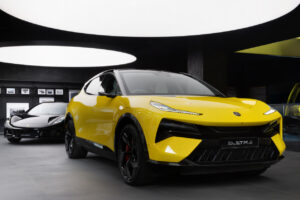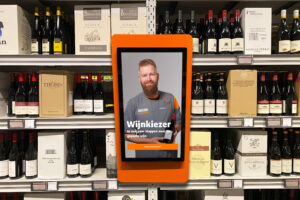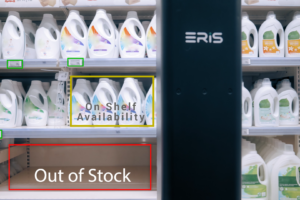John Kolthof, CCO of CCV GmbH, on the charging station regulation

John Kolthof, CCO of CCV GmbH // © CCV
What will change in 2023 for operators of charging stations and drivers of e-vehicles?
2023 is the year in which the new charging station regulation comes into force. The aim of this regulation is to make it easier for drivers to charge their electric vehicles in the future. Then all newly installed public charging stations will have to accept debit and credit cards. With this legislation, Germany will be one of the first country to take action and expand the previous closed loops with barrier-free open loops.
What are the effects of the Charging Station Regulation coming into force?
At charging stations all debit and credit cards must be accepted as much as possible, because the lack of range and different payment methods are among the main obstacles when it comes to putting e-mobility on the road. So the focus for the coming years is on building a nationwide network of fast charging stations. Payment must also keep pace with this expansion. The most charging stations currently available do not meet these requirements because they do not work with a classic card terminal. Depending on the location and operator, there are two different payment systems: With the first, e-drivers register via an app, then scan the QR code at charging stations to start the charging and payment process. The second payment method is based on Mifare cards, which work on the basis of NFC technology. What all previous payment methods have in common is that they are closed charging points, so-called close loops.
What solution does CCV offer?
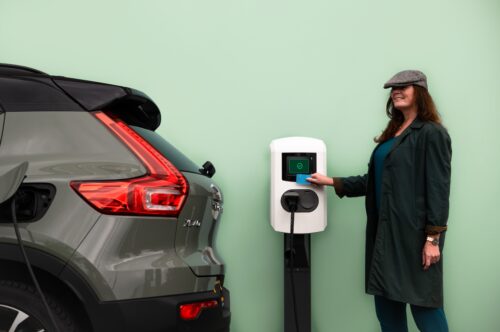
© CCV
CCV has been offering secure technical solutions for several years. With our experience in the field of payment solutions and transaction processing, we have been active as a particle accelerator of e-mobility for almost ten years and, in addition to open loop systems, also provide closed loop systems on request. This offers security for customers, because they can pay for the electricity they use 24/7 at every charging station. Operators even benefit twice: Whereas language barriers of foreign e-drivers were an obstacle to the app or the matching Mifare card in the past, payment is now shifted to the filling station. The rule is: satisfied customers fill up more often and spend more money.
With the CCV Edge IM15, CCV has brought the appropriate payment solution onto the market. It supports both open loop payment and closed loop payment. It displays the price per kWh on the touchscreen and enables contactless payments with PIN on demand. This makes sure that a vehicle can be charged even if a PIN is required. And finally, it offers an e-receipt via multiple ways after the payment, so the driver knows where and what he has paid including it being eichrecht conform.
Further information at https://www.ccv.eu/en/.
CCV GmbH – the international payment division of CCV Group

Gewerbering 1, 84072 Au in der Hallertau
Germany
Phone: +49 (0) 87 52 / 86 40
E-Mail: marketing.de@ccv.eu









